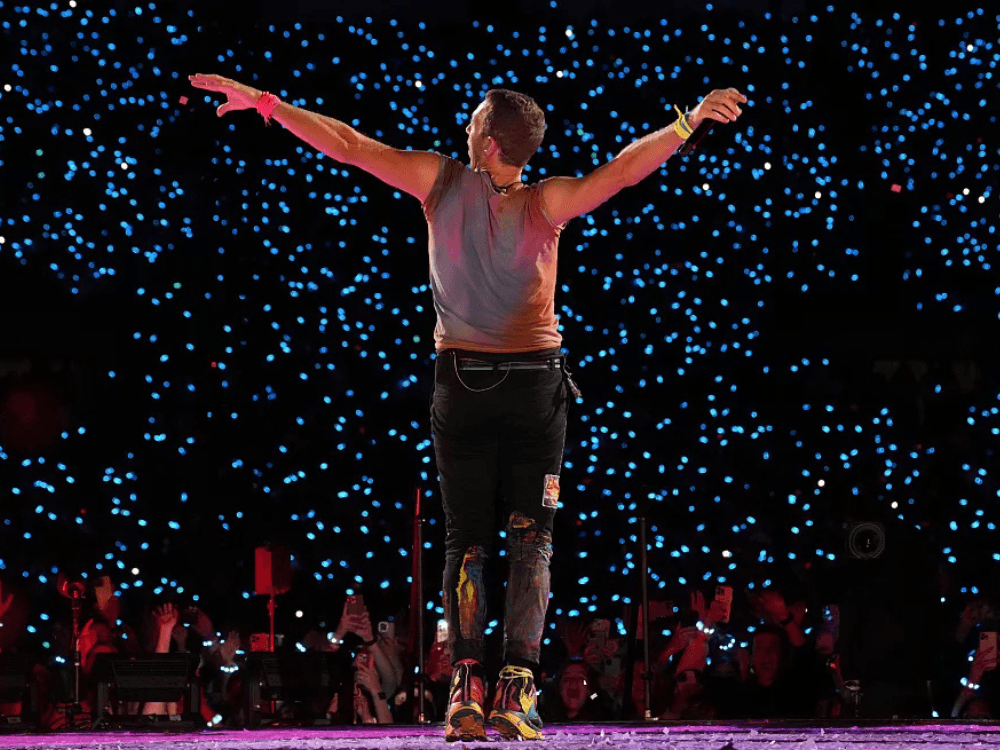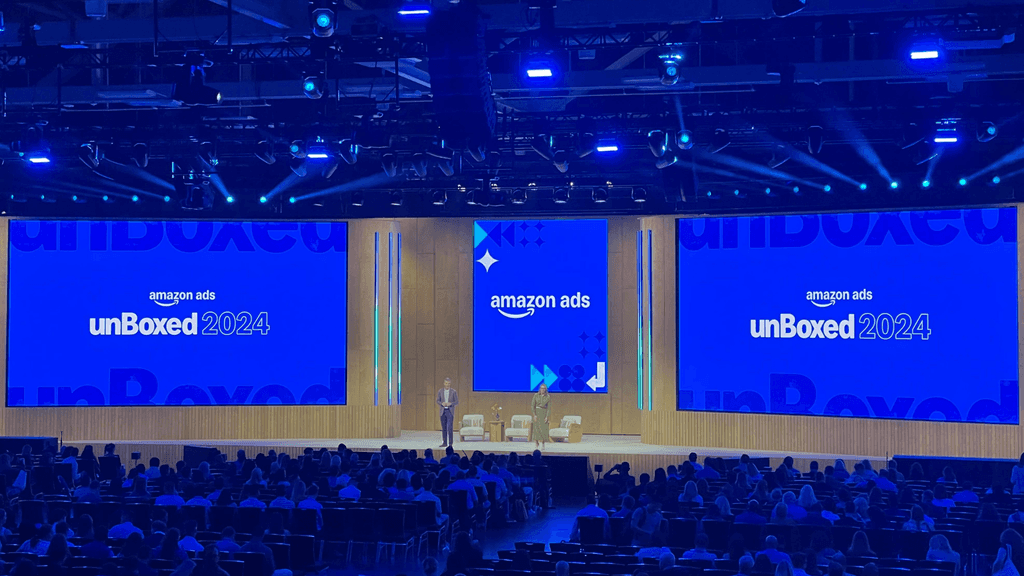
Nov 16, 2024
The Rise of the Experience Economy: Because Memories Are More Important Than Ever
Vishesh
In a society that prioritises experiences above things, the standards of interaction are evolving for the public and advertising. The modern era is also known as the experience economy because its opinions and principles favour unique, long-lasting memories over concrete things. But what precisely is an experience economy, and in what ways can brands leverage it to build stronger relationships with their customers? Let us take a deep dig.
What is an experience economy?
People no longer define their success exclusively by what they own. At present, in the current economy, consumers prefer to spend on major events like achievements, journeys, and fine dining above physical possessions. In a nutshell, the emphasis has moved from accumulating goods to making lasting memories. This shift across businesses reveals an underlying desire to find joy and meaning in life-enhancing hobbies rather than things that may only bring fleeting pleasure.
Why are experiences so appealing?
In contrast to tangible objects, experiences offer long-term happiness. Compared to research, the pleasure of experiencing something significantly beats the thrill of obtaining a new item. People fondly recall a memorable event, which causes an immense reservoir of satisfaction that builds over time. Experiences, being objects, do not degrade and can become significant records of our past.
Coldplay: A Great Example!

Coldplay's music tour is a prime illustration of the sense of economy in action. Despite the high ticket prices, fans flocked to purchase them, and the show sold out in minutes. Why the rush? People can pay for unique experiences. Watching an event on the podium, surrounded by fans and the excitement of the performance, provides sensations that money cannot buy. This is the perfect example that demonstrates how individuals progressively value experiences that provide a greater sense of satisfaction than tangible possessions.
In the experience economy, how does a brand make money?
Businesses need to change their focus from selling goods to giving distinctive experiences if they want to succeed in the experience economy. Here are some ways businesses can take advantage of this development
Create retail experiences that people will remember.
Instead of seeing a purchase as a bargain, marketers can make every interaction with customers special and unforgettable. By using engaging themes, interactive displays, and customised products, brands can create a memorable shopping experience.
Establish immersive shop spaces
By converting their retail spaces into experience hubs, top-notch companies like Apple and Nike are establishing their standards. These places enable consumers to engage with items more deeply, making each journey a unique experience and encouraging brand loyalty.
Focus on telling stories
Consumers today are interested in a company's past. By telling genuine tales and creating communities around shared values, brands may psychologically engage their audience and give them the impression that they are a part of something greater than themselves.
Serving an economically vibrant world is more than just an organisational strategy; it is necessary to provide sustainable value and foster enduring customer loyalty.
In a society that prioritises experiences above things, the standards of interaction are evolving for the public and advertising. The modern era is also known as the experience economy because its opinions and principles favour unique, long-lasting memories over concrete things. But what precisely is an experience economy, and in what ways can brands leverage it to build stronger relationships with their customers? Let us take a deep dig.
What is an experience economy?
People no longer define their success exclusively by what they own. At present, in the current economy, consumers prefer to spend on major events like achievements, journeys, and fine dining above physical possessions. In a nutshell, the emphasis has moved from accumulating goods to making lasting memories. This shift across businesses reveals an underlying desire to find joy and meaning in life-enhancing hobbies rather than things that may only bring fleeting pleasure.
Why are experiences so appealing?
In contrast to tangible objects, experiences offer long-term happiness. Compared to research, the pleasure of experiencing something significantly beats the thrill of obtaining a new item. People fondly recall a memorable event, which causes an immense reservoir of satisfaction that builds over time. Experiences, being objects, do not degrade and can become significant records of our past.
Coldplay: A Great Example!

Coldplay's music tour is a prime illustration of the sense of economy in action. Despite the high ticket prices, fans flocked to purchase them, and the show sold out in minutes. Why the rush? People can pay for unique experiences. Watching an event on the podium, surrounded by fans and the excitement of the performance, provides sensations that money cannot buy. This is the perfect example that demonstrates how individuals progressively value experiences that provide a greater sense of satisfaction than tangible possessions.
In the experience economy, how does a brand make money?
Businesses need to change their focus from selling goods to giving distinctive experiences if they want to succeed in the experience economy. Here are some ways businesses can take advantage of this development
Create retail experiences that people will remember.
Instead of seeing a purchase as a bargain, marketers can make every interaction with customers special and unforgettable. By using engaging themes, interactive displays, and customised products, brands can create a memorable shopping experience.
Establish immersive shop spaces
By converting their retail spaces into experience hubs, top-notch companies like Apple and Nike are establishing their standards. These places enable consumers to engage with items more deeply, making each journey a unique experience and encouraging brand loyalty.
Focus on telling stories
Consumers today are interested in a company's past. By telling genuine tales and creating communities around shared values, brands may psychologically engage their audience and give them the impression that they are a part of something greater than themselves.
Serving an economically vibrant world is more than just an organisational strategy; it is necessary to provide sustainable value and foster enduring customer loyalty.
In a society that prioritises experiences above things, the standards of interaction are evolving for the public and advertising. The modern era is also known as the experience economy because its opinions and principles favour unique, long-lasting memories over concrete things. But what precisely is an experience economy, and in what ways can brands leverage it to build stronger relationships with their customers? Let us take a deep dig.
What is an experience economy?
People no longer define their success exclusively by what they own. At present, in the current economy, consumers prefer to spend on major events like achievements, journeys, and fine dining above physical possessions. In a nutshell, the emphasis has moved from accumulating goods to making lasting memories. This shift across businesses reveals an underlying desire to find joy and meaning in life-enhancing hobbies rather than things that may only bring fleeting pleasure.
Why are experiences so appealing?
In contrast to tangible objects, experiences offer long-term happiness. Compared to research, the pleasure of experiencing something significantly beats the thrill of obtaining a new item. People fondly recall a memorable event, which causes an immense reservoir of satisfaction that builds over time. Experiences, being objects, do not degrade and can become significant records of our past.
Coldplay: A Great Example!

Coldplay's music tour is a prime illustration of the sense of economy in action. Despite the high ticket prices, fans flocked to purchase them, and the show sold out in minutes. Why the rush? People can pay for unique experiences. Watching an event on the podium, surrounded by fans and the excitement of the performance, provides sensations that money cannot buy. This is the perfect example that demonstrates how individuals progressively value experiences that provide a greater sense of satisfaction than tangible possessions.
In the experience economy, how does a brand make money?
Businesses need to change their focus from selling goods to giving distinctive experiences if they want to succeed in the experience economy. Here are some ways businesses can take advantage of this development
Create retail experiences that people will remember.
Instead of seeing a purchase as a bargain, marketers can make every interaction with customers special and unforgettable. By using engaging themes, interactive displays, and customised products, brands can create a memorable shopping experience.
Establish immersive shop spaces
By converting their retail spaces into experience hubs, top-notch companies like Apple and Nike are establishing their standards. These places enable consumers to engage with items more deeply, making each journey a unique experience and encouraging brand loyalty.
Focus on telling stories
Consumers today are interested in a company's past. By telling genuine tales and creating communities around shared values, brands may psychologically engage their audience and give them the impression that they are a part of something greater than themselves.
Serving an economically vibrant world is more than just an organisational strategy; it is necessary to provide sustainable value and foster enduring customer loyalty.
In a society that prioritises experiences above things, the standards of interaction are evolving for the public and advertising. The modern era is also known as the experience economy because its opinions and principles favour unique, long-lasting memories over concrete things. But what precisely is an experience economy, and in what ways can brands leverage it to build stronger relationships with their customers? Let us take a deep dig.
What is an experience economy?
People no longer define their success exclusively by what they own. At present, in the current economy, consumers prefer to spend on major events like achievements, journeys, and fine dining above physical possessions. In a nutshell, the emphasis has moved from accumulating goods to making lasting memories. This shift across businesses reveals an underlying desire to find joy and meaning in life-enhancing hobbies rather than things that may only bring fleeting pleasure.
Why are experiences so appealing?
In contrast to tangible objects, experiences offer long-term happiness. Compared to research, the pleasure of experiencing something significantly beats the thrill of obtaining a new item. People fondly recall a memorable event, which causes an immense reservoir of satisfaction that builds over time. Experiences, being objects, do not degrade and can become significant records of our past.
Coldplay: A Great Example!

Coldplay's music tour is a prime illustration of the sense of economy in action. Despite the high ticket prices, fans flocked to purchase them, and the show sold out in minutes. Why the rush? People can pay for unique experiences. Watching an event on the podium, surrounded by fans and the excitement of the performance, provides sensations that money cannot buy. This is the perfect example that demonstrates how individuals progressively value experiences that provide a greater sense of satisfaction than tangible possessions.
In the experience economy, how does a brand make money?
Businesses need to change their focus from selling goods to giving distinctive experiences if they want to succeed in the experience economy. Here are some ways businesses can take advantage of this development
Create retail experiences that people will remember.
Instead of seeing a purchase as a bargain, marketers can make every interaction with customers special and unforgettable. By using engaging themes, interactive displays, and customised products, brands can create a memorable shopping experience.
Establish immersive shop spaces
By converting their retail spaces into experience hubs, top-notch companies like Apple and Nike are establishing their standards. These places enable consumers to engage with items more deeply, making each journey a unique experience and encouraging brand loyalty.
Focus on telling stories
Consumers today are interested in a company's past. By telling genuine tales and creating communities around shared values, brands may psychologically engage their audience and give them the impression that they are a part of something greater than themselves.
Serving an economically vibrant world is more than just an organisational strategy; it is necessary to provide sustainable value and foster enduring customer loyalty.


